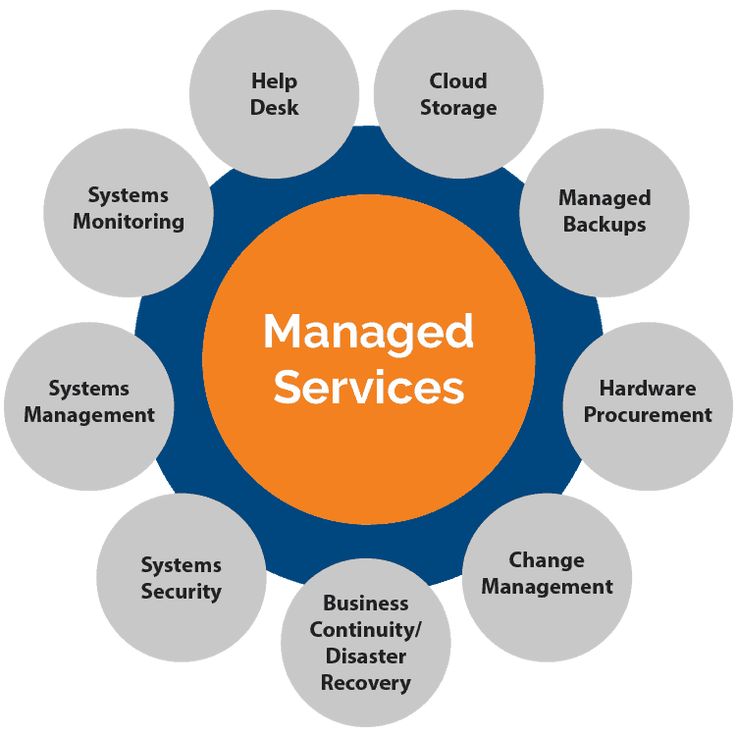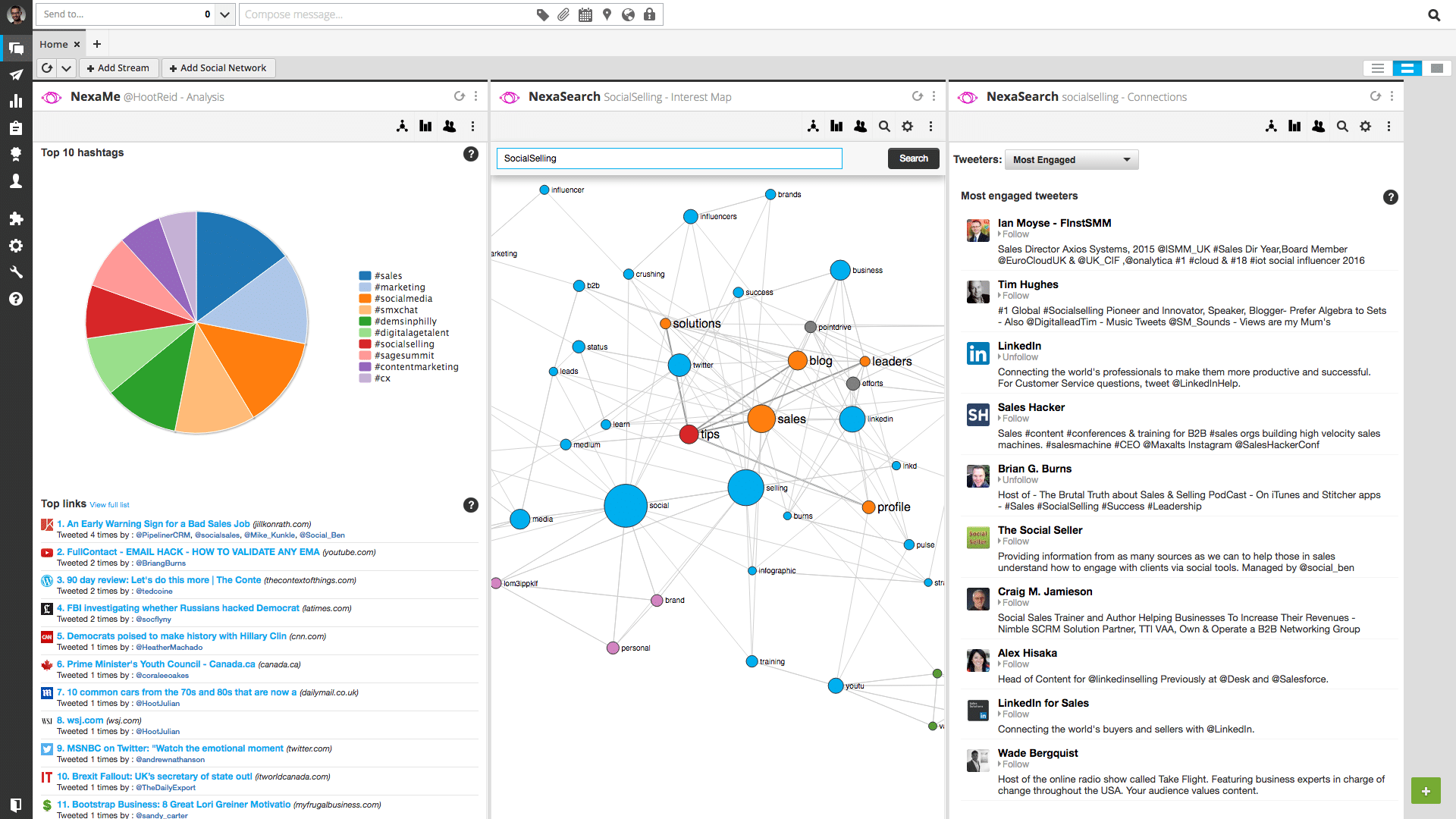
Manager planning is the process of deciding how an organization will allocate resources and achieve its goals. It begins with the identification of goals. For example, an organization may decide to increase profits 20 percent over the next twelve-years. After defining the goal, it is time to allocate resources in a most effective way.
Job description for manager planning
A planning manager is responsible for coordinating the procurement of supplies, inventory and equipment for a company. He or she also attends trade shows and negotiates prices with suppliers. Managers in this role should have relevant experience as well as a bachelor's degree. Other responsibilities include the generation of reports on new programs and general planning.
Planners are well-known for their creativity, organizational skills, and interpersonal skills. They create and maintain a performance management plan and a charter for performance planning. They also coordinate with sales teams to ensure excellent customer service and communication.

Types and types of manager planning
Managerial planning consists of four primary types. Managers at the top plan long-term company strategies and track employee progress. The company's resources, people, and material allocator is responsible for managing its capital, people, as well as materials. The disturbance handler predicts potential conflicts and creates strategies to address them. In addition, he/she helps the company recover after unexpected events.
On the other end, an operational plan deals directly with the dayto-to-day activities of a company. You can use it for a single purpose or you can make an ongoing plan with specific rules and regulations in order to achieve your objectives. A contingency plan may be included in order to deal with an unexpected circumstance.
Procedure involved
A series of steps are required to manage organizational planning. The first step of this process is to identify the goals that the organization wants to achieve. A typical organization will have two sets of objectives: short-term and longer-term. These objectives must be clearly stated at the beginning of any planning process.
The second step is measuring progress and analysing the results. This is vital to ensure that the organization is on course. Managers must evaluate their progress against these goals and make adjustments as necessary to ensure that the plan is working.

Limitations of manager planning
Planning for managers is an important aspect of management. But it also has its limitations. Managers can improve their planning efficiency by understanding these limitations. Planning is about determining the premises that will be used to guide decisions. This is not possible to do with absolute accuracy. There will always be some margin of error. Manager planning has many limitations. One of these is the difficulty in assessing the premises.
Planning can be significantly impeded by external factors. The political landscape can change suddenly and impact business decisions. Another factor that can affect a company's ability is union pressure for a wage rise. Other restrictions include financial institutions or tax policies. Managers may also be restricted by work rules. These rules may restrict the freedom of a manager to make changes necessary for the organization's success.
FAQ
What tax do I have to pay on consulting income?
Yes, you must pay tax on the consultancy profits. The amount of your earnings per year will determine the tax payable.
If you're self employed, you can deduct expenses beyond your salary.
However, you cannot deduct interest payments from loans, vehicle repairs, or the cost for equipment.
If you earn less than PS10,000 per year, 25% can be claimed back.
However, even if your earnings exceed this threshold you may still be subject to tax depending on whether or not you are a contractor or an employee.
Pay as you Earn (PAYE) is the most common method of taxing employees. Contractors pay VAT.
What is the difference in a consultant and advisor?
A consultant provides advice on a topic. Consultants offer solutions to problems.
Consultants work directly for clients to help achieve their goals. Clients are referred to advisors through books, magazines and lectures.
Can anyone be a consultant?
Consultants are people who help you reach your goals by giving advice about how to make it better, faster, or cheaper.
You may need a consultant to help you with problems, make decisions or negotiate with others.
Consultants can be hired to assist with specific tasks or projects.
In fact, most consultants are paid hourly or daily rates rather than per project.
Statistics
- According to statistics from the ONS, the UK has around 300,000 consultants, of which around 63,000 professionals work as management consultants. (consultancy.uk)
- Over 50% of consultants get their first consulting client through a referral from their network. (consultingsuccess.com)
- Over 62% of consultants were dissatisfied with their former jobs before starting their consulting business. (consultingsuccess.com)
- WHY choose me: Why your ideal client should choose you (ex: 10 years of experience and 6-week program has helped over 20 clients boost their sales by an average of 33% in 6 months). (consultingsuccess.com)
- My 10 years of experience and 6-step program have helped over 20 clients boost their sales by an average of 33% in 6 months. (consultingsuccess.com)
External Links
How To
How do I start a consultancy company?
Starting a Consulting Company is a great way to make money online from home. No prior business experience is required. You can start your own consulting firm by building a website. Once you have a website built, you can start using social media platforms such Instagram and Pinterest to spread the word about you services.
You can use these tools to put together a plan for marketing that includes:
-
Creating content (blogs)
-
Building relationships (contacts)
-
Generating leads (lead generation forms)
-
Selling products through ecommerce websites
Once you've developed your marketing strategy, you'll need to find clients who will pay for your services. Some prefer to connect with people through networking events. Others prefer to use online resources like Craigslist and Kijiji. It's up to you to make the decision.
Once you have secured new clients, you will need to discuss terms with them and their payment options. You can discuss hourly rates, retainer agreements, flat fees, and other options. So that you are able to communicate clearly during the entire process, it is important to understand what you expect from a client before you accept them.
An hourly contract is the most popular type of contract for consulting services. This agreement allows you to agree to provide services at a fixed price each week or month. You may be able negotiate discounts depending on what service you offer. When you sign a contract, make sure you fully understand it.
Next, create invoices for your clients and send them. Invoicing can be a complicated task until you actually attempt it. There are many ways to invoice clients. It all depends on your preference. Some prefer to send their invoices directly by email, while others prefer to print and mail hard copies. No matter what method you use, ensure it works for your business!
After creating invoices are complete, you will need to collect payments. PayPal is preferred by most because it is easy-to-use and offers multiple payment options. Other payment processors such as Square Cash. Google Wallet. Apple Pay. Venmo.
Once you're ready to begin collecting payments, you'll want to set up bank accounts. You can track income and expenses separately by having separate savings and checking accounts. When paying bills, it is also beneficial to set up automatic transfer into your bank account.
It can seem daunting to start a consulting business. But once you understand how it works, it becomes second nature. You can read our blog post to learn more about how to start a consultancy business.
A consulting business is a great way of making extra money without worrying about your employees. Consultants can work remotely so they don't have the hassle of dealing with office politics and long working hours. Remote employees have more flexibility because they are not bound by regular work hours.